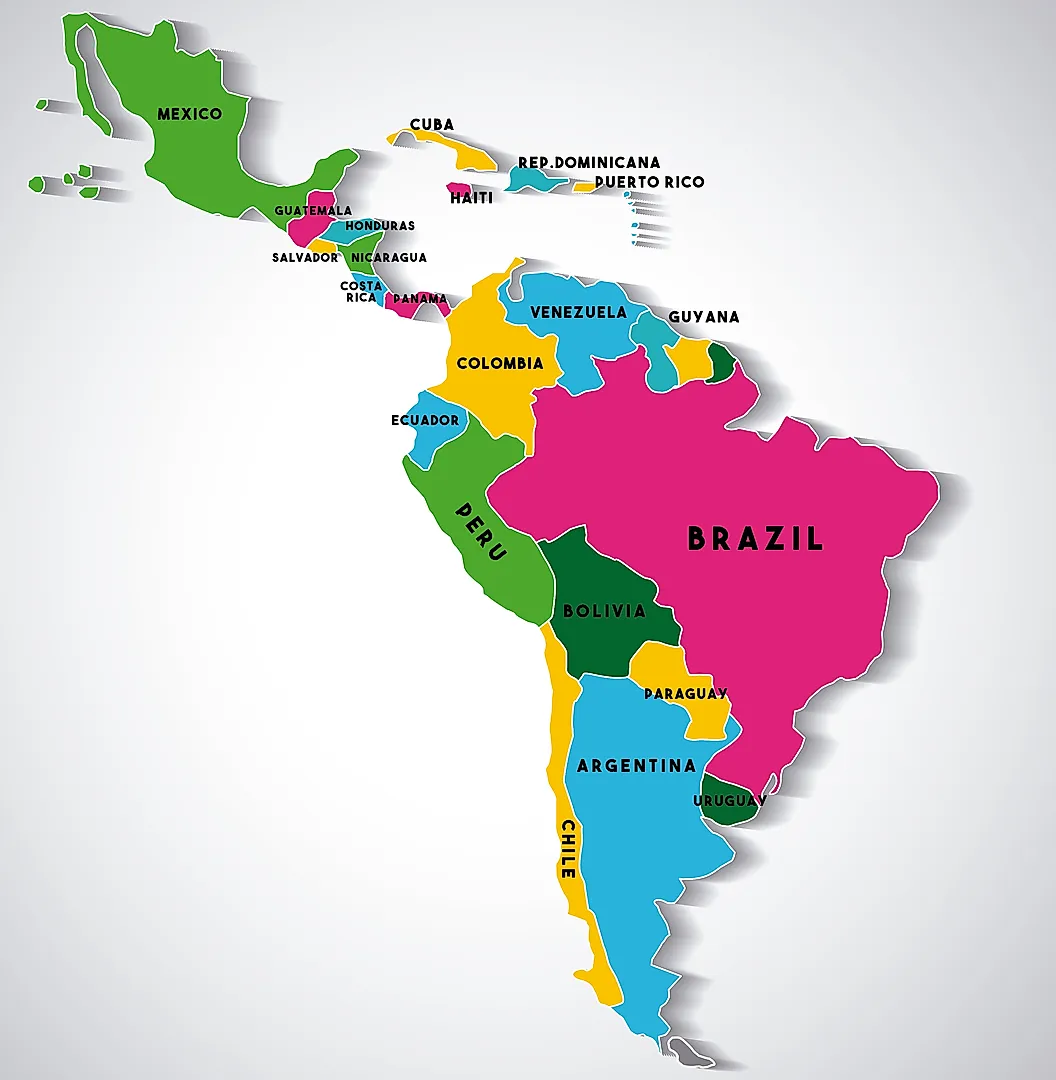As the Coalition Avenir Québec (CAQ) government attempts to establish a constitution for the province of Quebec, indigenous leaders and legal experts say the proposed law is doomed to failure. According to Innu lawyer Nadir André, apparently minor problems in the draft text of the constitution could lead to its annulment in court. André, who is from Matimekush Lac-John in northern Quebec, says section 23 of the bill, which states that the territory of Quebec is indivisible and its boundaries can only be modified with the consent of the National Assembly, will not pass the test of the courts. André argues that each of Quebec’s 11 indigenous peoples has their own ancestral territory and has the same rights to self-determination under the law as other peoples around the world. André explains that the Canadian Constitution does not guarantee the territorial integrity and indivisibility of the provinces. “ [Le projet] of the Quebec Constitution goes much further than what the Canadian Constitution provides regarding the boundaries of a province,” he explains. The government of Prime Minister François Legault tabled its draft Constitution on October 9. The document follows the Report of the Advisory Committee on Quebec’s constitutional issues within the Canadian federation, tabled at the end of 2024, which urged the Quebec government to establish its own constitution to confirm its autonomy within Canada. The report suggests that a constitution would strengthen Quebec by describing the distinct laws, values and legal decisions that have shaped the province as a society. Several indigenous leaders rejected the “law of laws” proposal out of hand. In August, while the proposed constitution was still being drafted, Grand Chief Cody Diabo of the Mohawk Council of Kahnawake said he met with Justice Minister Simon-Jolin Barrette to share his opinion. “There is no Quebec nation,” Diabo told APTN National News in August. “In the end [Jolin-Barrette est] canadian. […] We have agreements with the British Crown, which has delegated this responsibility to the federal government, and [FrançoisLegault et la CAQ] represent only the provincial government. In my opinion, the idea of creating a constitution is ridiculous. » Learn more: “There is no Quebec nation”: the Grand Chief sends a harsh message to the Minister of Justice of Quebec The AFNQL’s assessment of Quebec’s performance regarding relations with the First Nations Since the tabling of Bill 1, Constitutional Act of 2025 on Quebec, more and more Indigenous people are opposed to it, in particular among those who have noticed that the First Nations and the “indigenous nations of Quebec” are not mentioned only three times at the beginning of the document. The Assembly of First Nations of Quebec and Labrador asked the Legault government to consult the 42 First Nations of Quebec. Some First Nations leaders attacked the constitutional project, notably the Grand Chief of the Wendat nation Pierre Picard, Chief Jean-Charles Piétacho of the Innu Council of Ekuanitshit and Chief Sipi Flamand of the Atikamekw Council of Manawan. “This bill completely denies the rights and place of indigenous peoples in Quebec,” Flamand told APTN. “Then, on top of that, he is prepared to redefine a new regime without taking into account our existence in relation to our rights which are protected by section 35 under the Constitution Act, 1982.” Flamand cited the brief mention of indigenous rights in the preamble to the draft constitution itself, calling it “almost decorative.” “The rights of indigenous peoples cannot be treated as a footnote in a draft constitution,” Flamand said. “They must be enshrined and recognized in a substantial way when it arises from an already existing constitutional obligation, and then also from international commitments, for example, the United Nations Declaration on the Rights of Indigenous Peoples. » In the aftermath of the battle that many Indigenous leaders waged throughout the summer at the CAQ over the forestry modernization bill, which has since been withdrawn by the government, Flamand said that in his opinion, the Quebec government is still trying to govern unilaterally, without the participation and commitment of First Nations. “I would say that it is downright systemic racism that the CAQ government has towards the First Nations,” he declared. “Quebec acts as if the First Nations did not exist. It is still a colonial attitude which perpetuates exclusion. » Mention of “nations”, but not “peoples” André told APTN that this attempt to end discussions on the territorial claims of indigenous peoples within the province is linked to the refusal of the draft constitution to put the first peoples on an equal footing with Quebecers. “In the draft constitution, the government of Quebec defines itself as a people and a nation,” he explains, “but describes indigenous peoples as simple nations. The government does not use the term “people”, even though section 35 of the Canadian Constitution refers to “indigenous peoples”. They do it on purpose? Why doesn’t Quebec at the very least recognize that indigenous peoples are both peoples and nations? André points out that indigenous peoples are not Quebecers, but the draft constitution seems to suggest that all those who live on the territory of Quebec are Quebecers by definition. He speaks of a “false hypothesis”. “Now this territory is not clearly defined,” André said. “Quebec says, very simply, that the territory of Quebec is the current territory of the province. And this question is far from being resolved. » For André, another important irritant is the argument according to which French-speaking Quebecers have been “colonized” by English Canada and must defend themselves collectively, while refusing to recognize the United Nations Declaration on the Rights of Indigenous Peoples. He argues that the Legault government “missed a golden opportunity to demonstrate good faith […] by setting an example, by recognizing that there are other peoples who live [sur le territoire] and that [le Québec] will recognize their rights. What a great way to highlight the fact that [les Québécois francophones] also need to be recognized and protected by collective rights. » André asserts that Quebec refused to recognize the existence of ancestral title for a large part of its history. However, two important decisions handed down in 1973 forced the province’s hand. The decision of Albert Malouf, judge of the Superior Court of Quebec, who granted an injunction to the Crees and the Inuit to stop work on the James Bay hydroelectric project and the decision of the Supreme Court of Canada in the Calder et al. c. Attorney General of British Columbia recognizes the existence of Aboriginal title. André explains that two elements of the Supreme Court decision confirm the validity of ancestral title. First, indigenous peoples lived in societies organized as sovereign nations before the arrival of Europeans. An image of the Royal Proclamation taken from the National Archives of Canada. Photo: APTN. Next, the Royal Proclamation of 1763 did not allow Aboriginal land to be acquired without the consent of the people, unless the people themselves transferred their titles to the Crown. André says that although many political leaders in Quebec opposed the Royal Proclamation from the start and continued to oppose it for over 200 years, it was never repealed or replaced. It was not until 1973 that the Calder case before the Supreme Court of Canada confirmed the existence of ancestral title. “According to the law, if you have not renounced your titles, if the indigenous peoples have not transferred their title to the Crown, they still hold these titles,” explains André. “For Indigenous peoples, the Royal Proclamation is not only still relevant, it is also essential. » According to André, these elements bode badly for the proposed Quebec Constitution, because they deprive the Quebec government of any ability to ignore ancestral title, which is still in force with all the indigenous peoples of the province who have not signed a treaty. Any attempt to assert the concept of a fixed and indivisible territory could be nullified simply by this recognition of ancestral title. André believes that the draft constitution is a difficult document to defend in court. He wonders if the AFNQL, the Mohawk Council of Kahnawake or any other First Nation or indigenous organization is planning a legal challenge to the draft constitution. Flamand asks himself the same question. “We hope that other indigenous leaderships will be able to take a position on this bill,” he declared. “We are asking for a real dialogue from nation to nation, not a project imposed from above. Our rights are fully protected in the Canadian Constitution, and if Quebec moves forward with its own constitutional bill without involving the First Nations, the indigenous peoples, it is a major failure in its relations with the First Nations. » In an email addressed to APTN, the office of the Minister of Justice, Simon Jolin-Barrette, declared: “The project does not affect or call into question the ancestral rights of the indigenous nations of Quebec or those resulting from treaties. On the contrary, the Constitution recalls in its preamble the importance of indigenous realities in Quebec. The recognition of the 11 nations in the law reflects Quebec’s commitment to pursuing relationships based on mutual respect and nation-to-nation partnership. » APTN requested an interview with the office of Prime Minister François Legault, but we had not received a response at press time. We contacted the Minister of Families and Minister responsible for the Côte-Nord region, Kateri Champagne Jourdain, who is Innu, making her the only Indigenous person sitting in the National Assembly of Quebec, to ask her what she thinks of Indigenous criticism of the draft constitution. His attachés asked us to contact the office of the Minister of Justice, Simon Jolin-Barrette, who sent us the above statement. Continue Reading
Innu lawyer: the Quebec Constitution could be annulled in court
Date:




